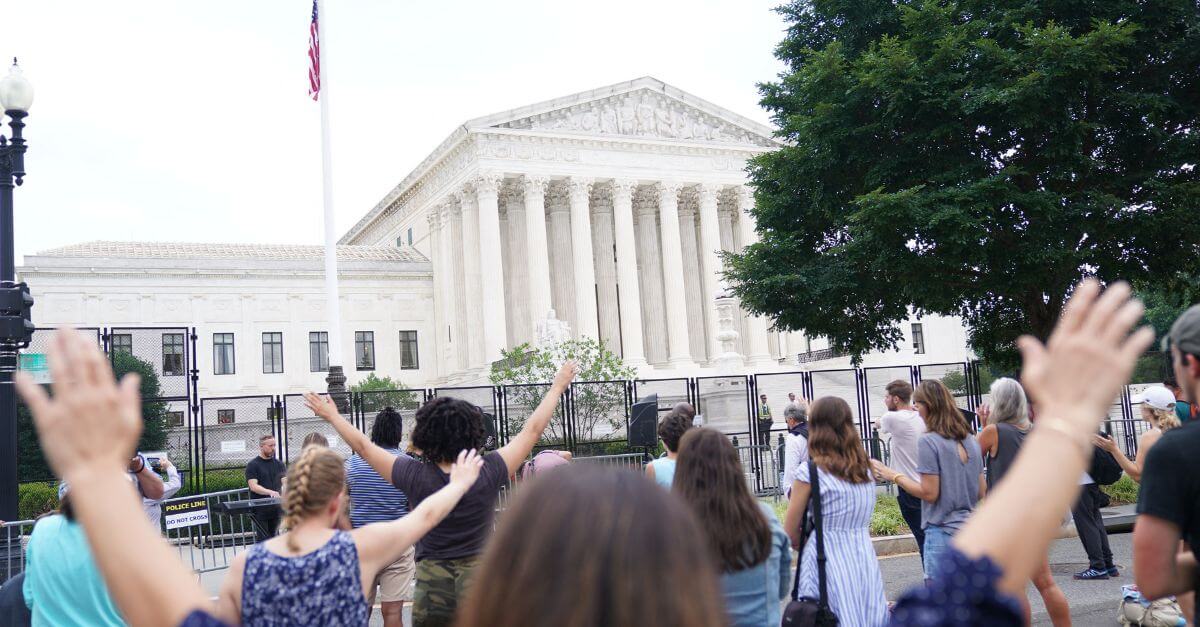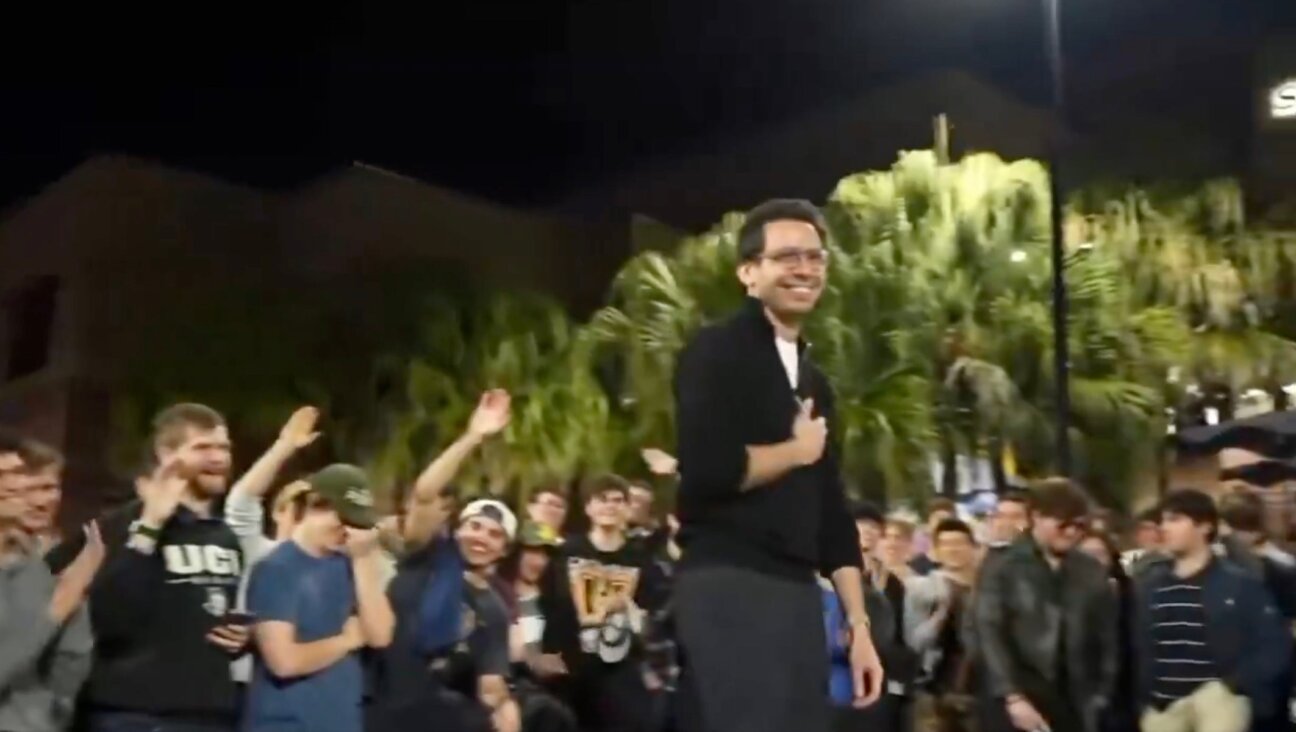Antiquities Dealers Indicted
In one of the most stunning developments in the history of biblical archaeology, Israeli authorities this week indicted four antiquities dealers for allegedly operating a forgery ring that involves some of the most significant biblical artifacts ever discovered.
The forged treasures include an ivory pomegranate believed to be the only relic from Solomon’s Temple, a stone tablet with directions on how to renovate the temple and the ossuary, or burial bone box, of James, Jesus’ brother.
“This has opened up the need for a whole re-evaluation of virtually all the major discoveries of the last 25 years in the land of Israel,” Lawrence Schiffman, chairman of New York University’s Skirball Department of Hebrew and Judaic Studies, told the Forward on Wednesday.
The forgery ring took genuine artifacts and added inscriptions to them, falsely increasing their importance and greatly inflating their value, according to a 27-page indictment submitted by police to the Jerusalem Magistrates Court.
The operation was so sophisticated it fooled top antiquities experts, and some of the fake artifacts sold for huge sums, authorities said.
The indictment stated: “These items, many of them of great scientific, religious, sentimental, political and economic value, were created specifically with intent to defraud.”
Police charged collector Oded Golan, and three antiquities dealers — Robert Deutsch, Shlomo Cohen and Faiz al-Amaleh — with 17 counts of forgery, receiving fraudulent goods and damaging antiquities.
Golan, who generated worldwide headlines last year with claims about the James ossuary, denied the accusations, calling it a campaign of lies and rumors spread by Israel’s archaeological authorities to destroy the local antiquities trade.
Schiffman, an expert on the Dead Sea Scrolls, said that some of the most important discoveries might have been forged, especially those that relate to biblical names and events
“The most exciting things are the things most likely to be forged,” he said.
















